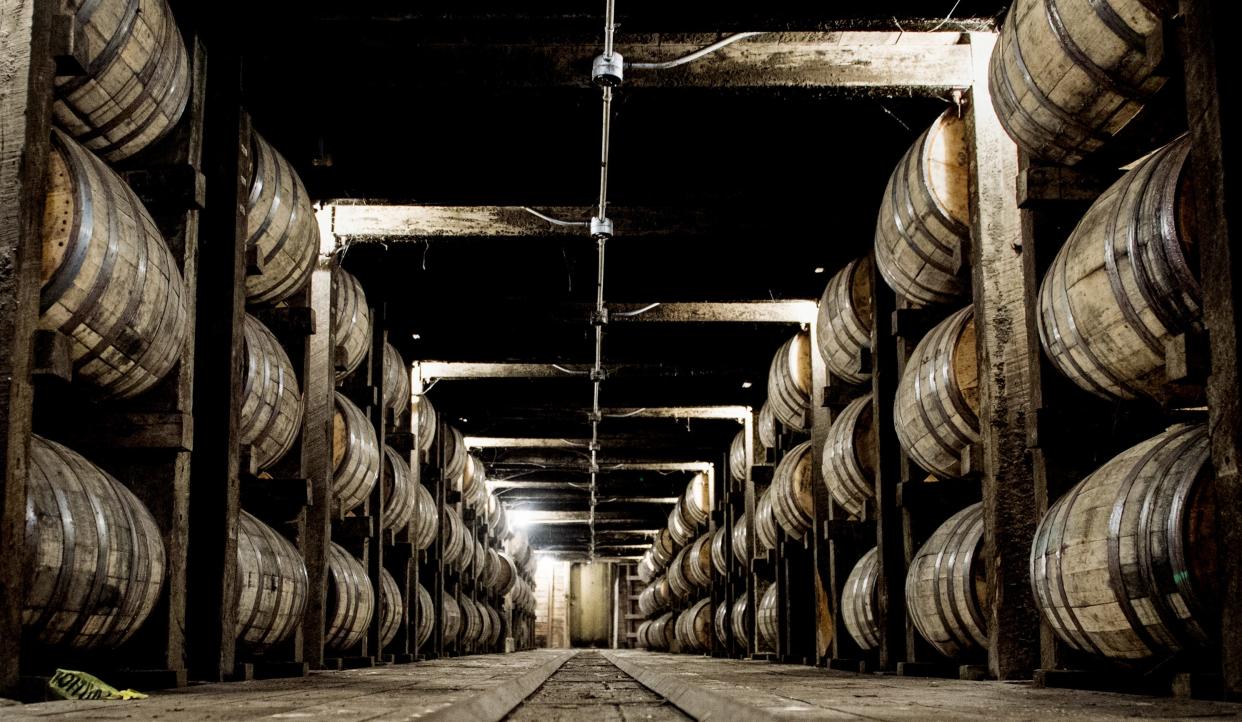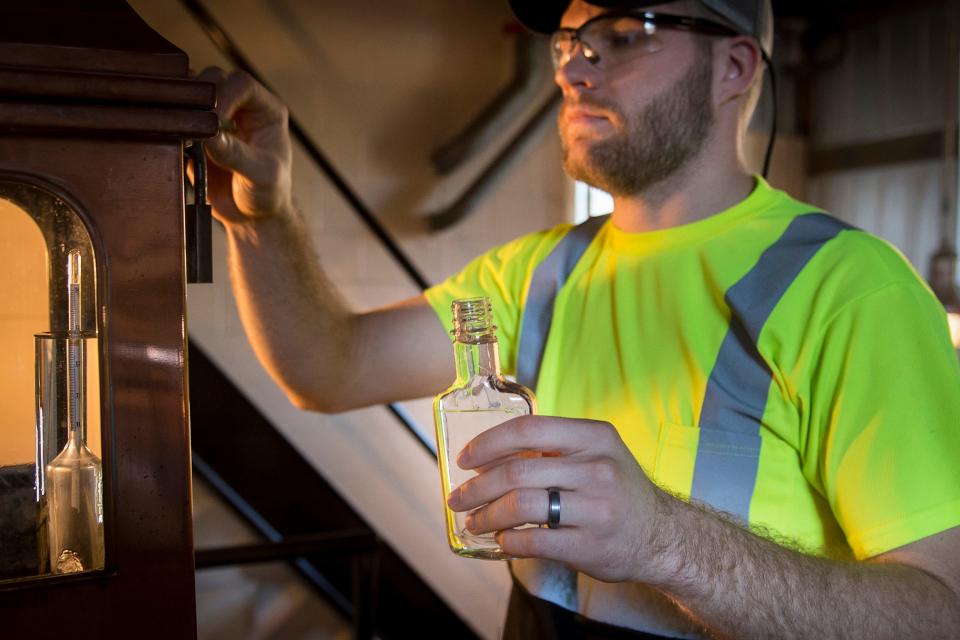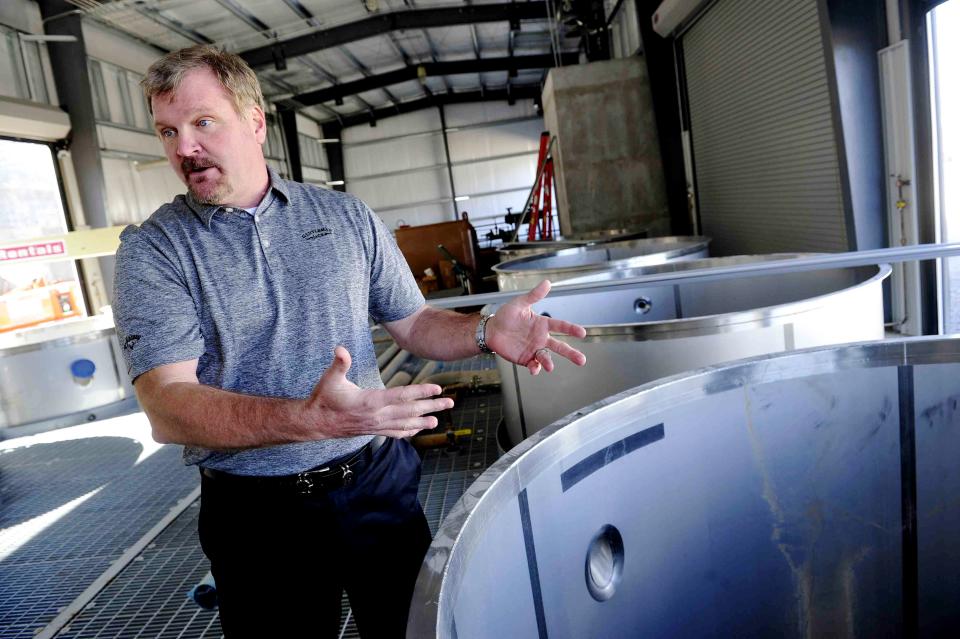Tennessee whiskey vs. Kentucky bourbon: unraveling a rivalry

What do you think of when you hear "American whiskey"? Do you imagine bourbon, distilled in the hills of Kentucky? Or do you picture a bottle of Jack Daniel's, a Tennessee whiskey and one of America's most iconic brands?
Kentucky has dominated the American whiskey business since Prohibition ended in 1933. But Tennessee is increasingly getting attention as venerable whiskeys like Jack Daniel's and George Dickel experiment, and newcomers, such as Uncle Nearest and Nelson's Green Brier, bring different stories and flavors to the state.
What is Tennessee Whiskey?
Tennessee whiskey is bourbon. Don't let anyone tell you otherwise. It meets the federal definition of bourbon: at least 51% corn, aged in new, charred oak barrels and free of any additives. Tennessee whiskey, according to state law, must be filtered through charcoal, a process called the Lincoln County Process. (The exception is Prichard's Tennessee Whiskey, which uses no charcoal and was grandfathered in when the state defined the category in 2013.)
Does that mean Tennessee whiskey is better than bourbon? No, they're both good.
Did Kentucky always have more distilleries than Tennessee?
Yes, but Tennessee was not far behind before Prohibition.
“At the end of the 1800s, there’s 700 distilleries in the state of Tennessee,” said Nelson Eddy, historian for Jack Daniel’s.
Both states had abundant corn, the main ingredient in bourbon. Their limestone water was ideal for whiskey. And the temperature swings from hot summers and chilly winters pushed aging whiskey into the wood of the barrel, where it took on flavor and color.

Why does Kentucky have so many more distillers than Tennessee today?
In a word: Prohibition. Tennessee was one of the first states to pass laws limiting alcohol long before the national ban in 1920. After Prohibition ended, the anti-alcohol sentiment lingered in the state. Until 2009, distilling was legal in only three counties and there were only three distilleries in the state: Jacks Daniel's, George Dickel maker Cascade Hollow and Prichard's, launched in 1997. Although the number of distilleries in Tennessee has quickly grown. Tennessee has 114 federal permit for distilling and bottling, while Kentucky has 128. Kentucky, however, still produces 95% of all the bourbon in the U.S., according to the Kentucky' Distillers' Association.
Why didn’t more Tennessee distillers start with Tennessee whiskey?

Many of the new distilleries that have opened since 2009 in Tennessee did not make Tennessee whiskey, at least not initially. Some wanted to get creative, beyond the Tennessee whiskey and bourbon requirements — to use less than 51% corn, for instance. Some didn’t want to make a Tennessee whiskey until they were sure they had something to add to the market. And some couldn’t find the liquid. Because whiskey needs years to age, new distilleries in all states often buy aged liquid from other distillers. There’s not much charcoal-filtered juice out there and you can't make Tennessee whiskey without it, said Jeff Arnett said, former master distiller at Jack Daniel's and now at Company Distilling in East Tennessee.
Todd A. Price writes about food and culture in the South. He can be reached at taprice@gannett.com.
This article originally appeared on Nashville Tennessean: Tennessee whiskey vs. Kentucky bourbon: unraveling a rivalry

